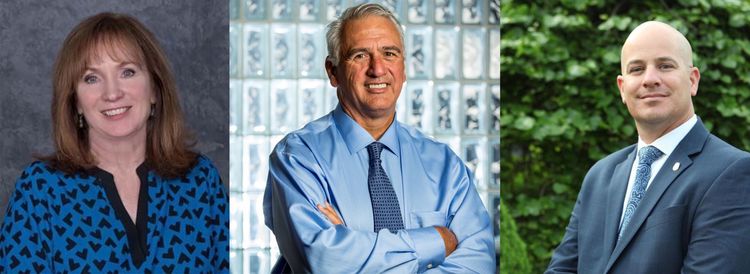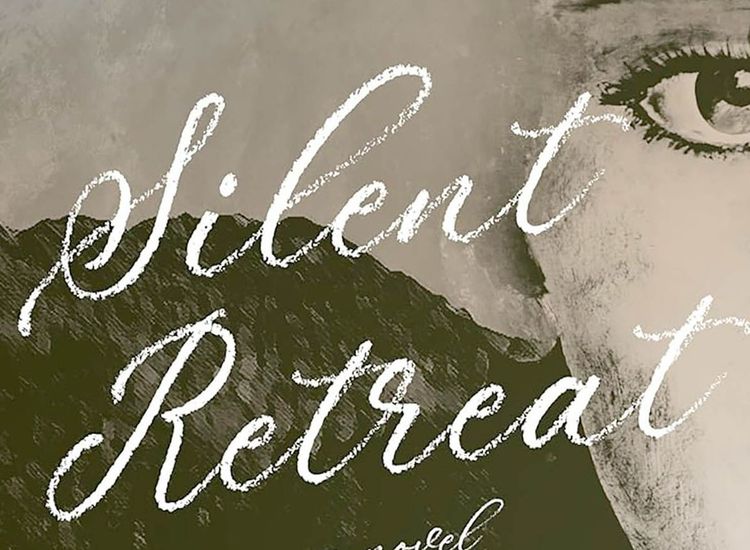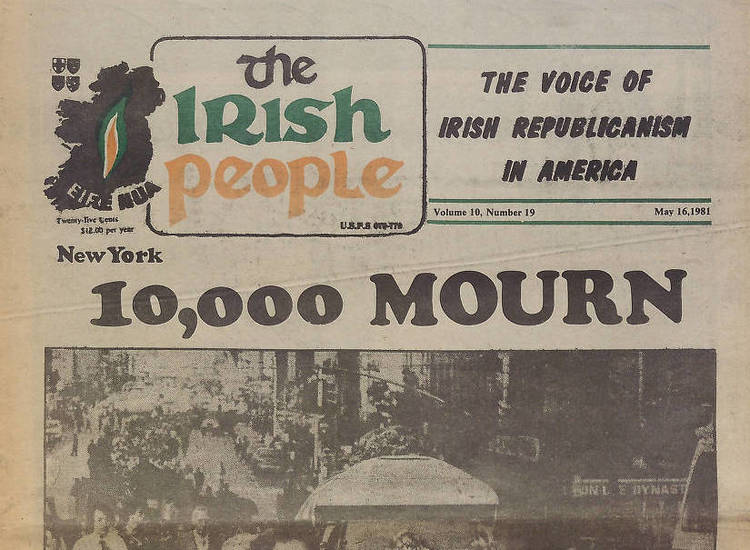[caption id="attachment_71123" align="aligncenter" width="600" caption="Ciaran Bourke "]
There are very few surprises left for me in the pages of The New York Times. I turned my back on the Grey Lady years ago in a fit of pique at her persistent liberal tilt. Yet, recently, for reasons that don't bear going into, I resumed my subscription to the "newspaper of record."
I never thought I'd say this, but it was lucky I did. Otherwise I may not have learned until the release of this distinguished weekly newspaper (the Green Lady?) of the death of Barney McKenna, the last of the founding members of the seminal Irish folk band, the Dubliners.
To Irish Americans like me, the Dubliners occupy a unique place in our relationship with our ancestral homeland. Many of us first became aware of our heritage, and its everlasting role in our lives, by exploring family record collections that were well-stocked with the vinyl recordings of two groups: the Clancy Brothers and Tommy Makem, and the Dubliners.
Those of my generation were especially lucky to inherit such collections as complete catalogs. The original lineups of both groups were essentially done recording by the early to mid-80s, so a musically and culturally curious fellow such as me could explore them in their totality. Most of these journeys began with the Clancy Brothers, but the ultimate destination was the Dubliners.
The Dubliners were to the Clancys what the Rolling Stones were to the Beatles: edgier, not quite as camera-ready, a little bit more dangerous. The Dubliners were harder to love, but the rewards of doing so were greater by several orders of magnitude. Like many an acquired taste, it was hard to get the Dubliners out of your mind.
The Clancy Brothers were by no means saints, but they presented themselves as clean-cut, wholesome looking lads. They were famous for their matching Aran sweaters. They went down smooth. They were a family affair.
By contrast, as the title of their 1976 album suggested, the Dubliners were "a parcel of rogues." They were hairy, unkempt, nicotine-stained; and that was just the music.
The Dubliners, Ronnie Drew, Luke Kelly, Barney McKenna and Ciaran Bourke, played their instruments with fury. They looked like brutes but they sang with soul. They were often political, although never boorish about it. They took drink, but unlike some who came after, it didn't take their music.
They were glorious, charismatic, mesmerizing. When they sang "Make way for the Molly Maguires, they're drinkers, they're liars, but they're men," it was easy to believe that the sentiment was as true of the singers as it was of the subjects.
If the Dubliners were the Rolling Stones of Irish folk, Luke Kelly was their Mick Jagger, the frontman, the face. Ronnie Drew was their Keith Richards, the real leader, the decision maker, which, at the risk of taking this metaphor too far, made Barney their Bill Wyman.
He was the backbone, the steady hand on the melody and the counter melody, the one who gave style to Luke Kelly's substance, form to Ronnie Drew's faloorum.
But while he was admired for his virtuosity, what he was principally known for was his good humor. His avuncular manner endeared him to fans across the world. He continued to travel, play shows, and tell silly jokes in between his jigs and reels right up until almost the end.
Had they only Luke without Ronnie, or Ronnie without Luke, the Dubliners probably would have been a fine folk band. But without Barney, they might never have become the world-famous Dubliners, an indispensable element of the artistic and cultural landscape of late twentieth-century Ireland.
His passing truly marks the end of an era for fans of a particular kind of Irish folk music: the authentic kind. RIP Barney McKenna, a man you don't meet every day.









